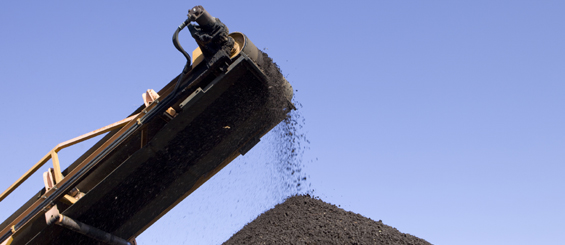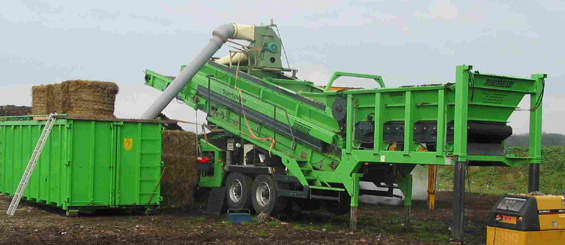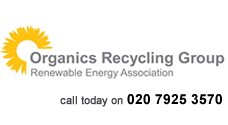Adverts
Treating paper and cardboard presents significant challenges for the composting operators, particularly those that are investing significantly in compost quality and market development.
In light of these challenges AfOR has released a guidance document for local authorities focused on composting paper and cardboard.
The guidance highlights that, wherever possible, paper and cardboard should be collected separately from green waste and food waste and should not be sent to composting.
The guidance can be downloaded from HERE.
If local authorities decide to collect paper and cardboard with the biowaste streams, we strongly recommend that âÂÂnon-plain'1 paper and cardboard types are not allowed in the collection scheme. We also reccomend that the local authorities' websites, leaflets and any other information that is used to educate the public on the collection scheme should clearly highlight that non-plain paper and cardboard types are NOT suitable for collection and composting.
1 Cardboard and paper types that are:
-
Shiny
-
Glossy
-
Coloured (not brown or white);
-
Cereal boxes or any type of heavily coloured unlaminated card;
-
Printed with inks
visitor comments
Members' Area
Become a Member!
Join the Organics Recycling Group at the Renewable Energy Association by clicking below.
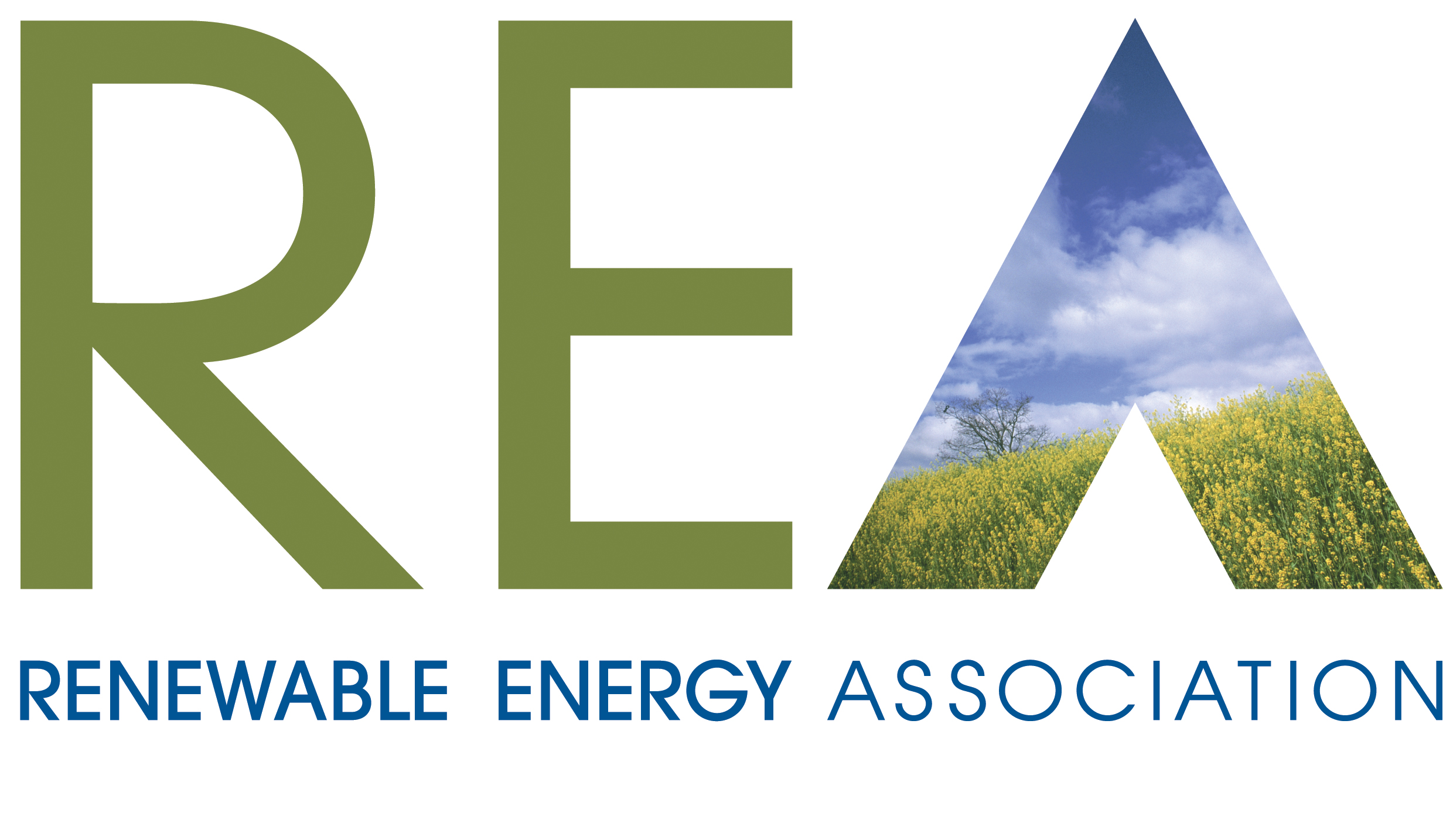



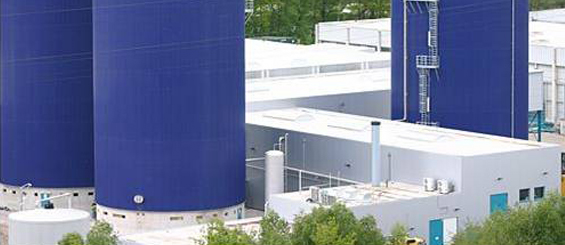
.jpg)
